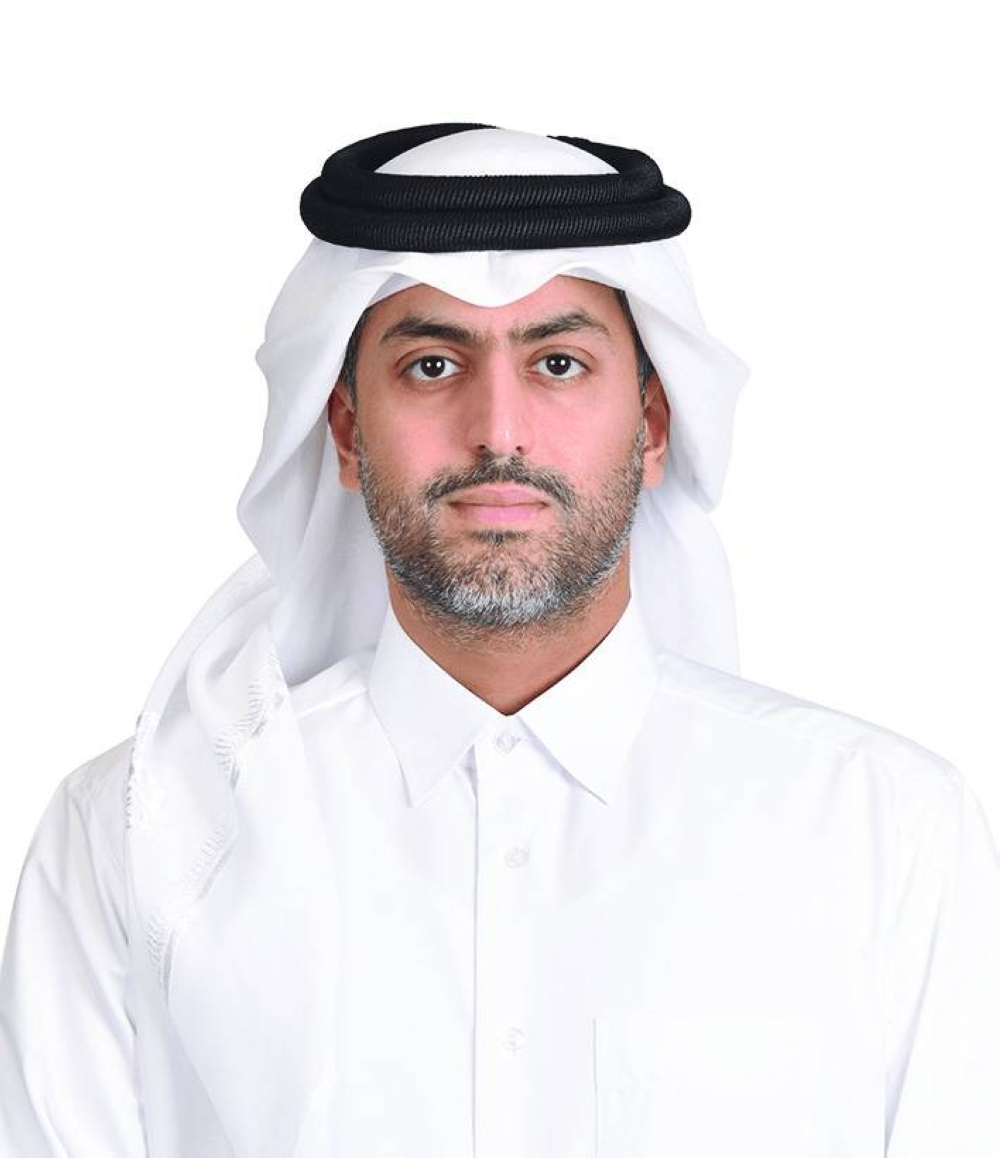The Qatar Free Zones (QFZs) have housed 400 firms to date, with 1mn sqm of land leased, representing more than $3bn in total investment and creating more than 6,000 jobs, its top official has said.
In an interview to fDi Intelligence of Financial Times, QFZ Authority (QFZ) chief executive officer Sheikh Mohamed H. F. al-Thani said it is particularly focused on seven strategic sectors as emerging technologies, logistics and trading, food and agritech, industrial and consumer, aerospace and defence, biomedical sciences, and maritime development.
"These strategic sectors afford us many synergies, as we’re able to support individual companies including Google Cloud, Microsoft, Thales, DHL, Volkswagen and Gaussin, among many others, to achieve their goals, while developing new frontiers for priority sectors in Qatar," he said.
He highlighted the longstanding partnership with Google Cloud and the launch of the Google Cloud region in Doha, which aims to support Qatar’s efforts in becoming a digital economy and providing opportunities for other investors in Qatari free zones and across the country.
Research conducted by Access Partnership revealed that this ambitious project is expected to drive increased economic activity and contribute $18.9bn in higher gross economic output to Qatar’s economy by 2030.
Stressing that each one of the Gulf Cooperation Council countries has something unique to offer investors; Sheikh Mohamed said that’s why it doesn’t view itself as in competition with the neighbours; rather complement each other.
"That said, we are the right choice for those who are looking for the specific advantages Qatar and QFZ offer: a combination of unparalleled logistics and educational infrastructure, a multicultural environment, vast natural gas reserves, a seamless regulatory experience, grand-scale projects and connectivity to global markets by air, sea and land," according to him.
Stressing on its commitment to sustainability, and the ways through which it supported both investors and the country in driving sustainability initiatives, he cited the production of the first electric vehicles in Qatar at the zones, as part of a partnership between zero-emission company Gaussin and QFZA.
These vehicles are now in operation at Hamad International Airport and Hamad Port, helping to reduce carbon emissions and accelerate Qatar’s national ambition for electric vehicle adoption in the public transport network and wider mobility sector, he said.
Qatar has two free zones up and running. Ras Bufontas (4 sqkm), is connected to Hamad International Airport; and the Umm Al Houl free zone (32 sqkm), which sits next to Hamad Port.

QFZ Authority (QFZ) chief executive officer Sheikh Mohamed H. F. al-Thani

